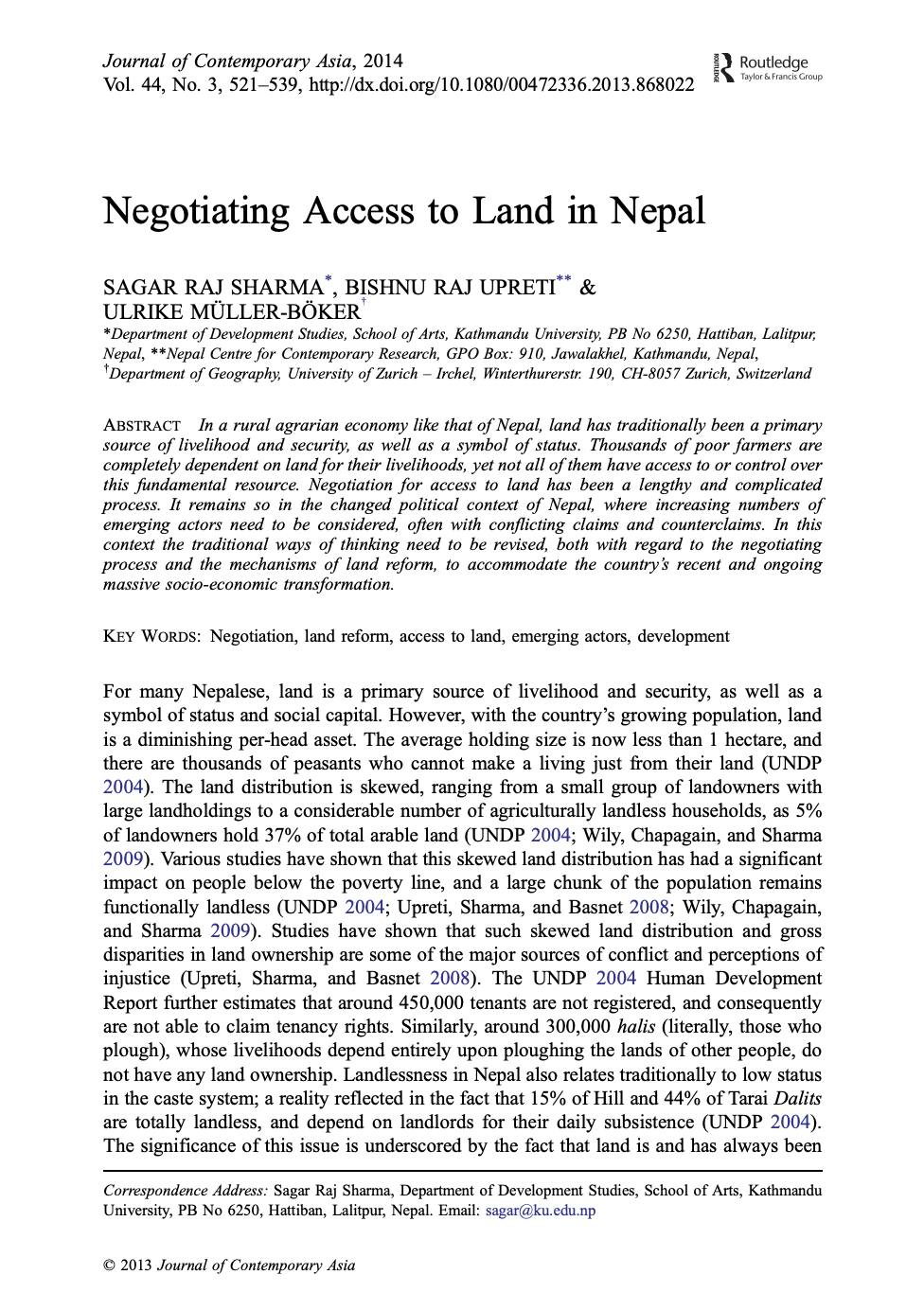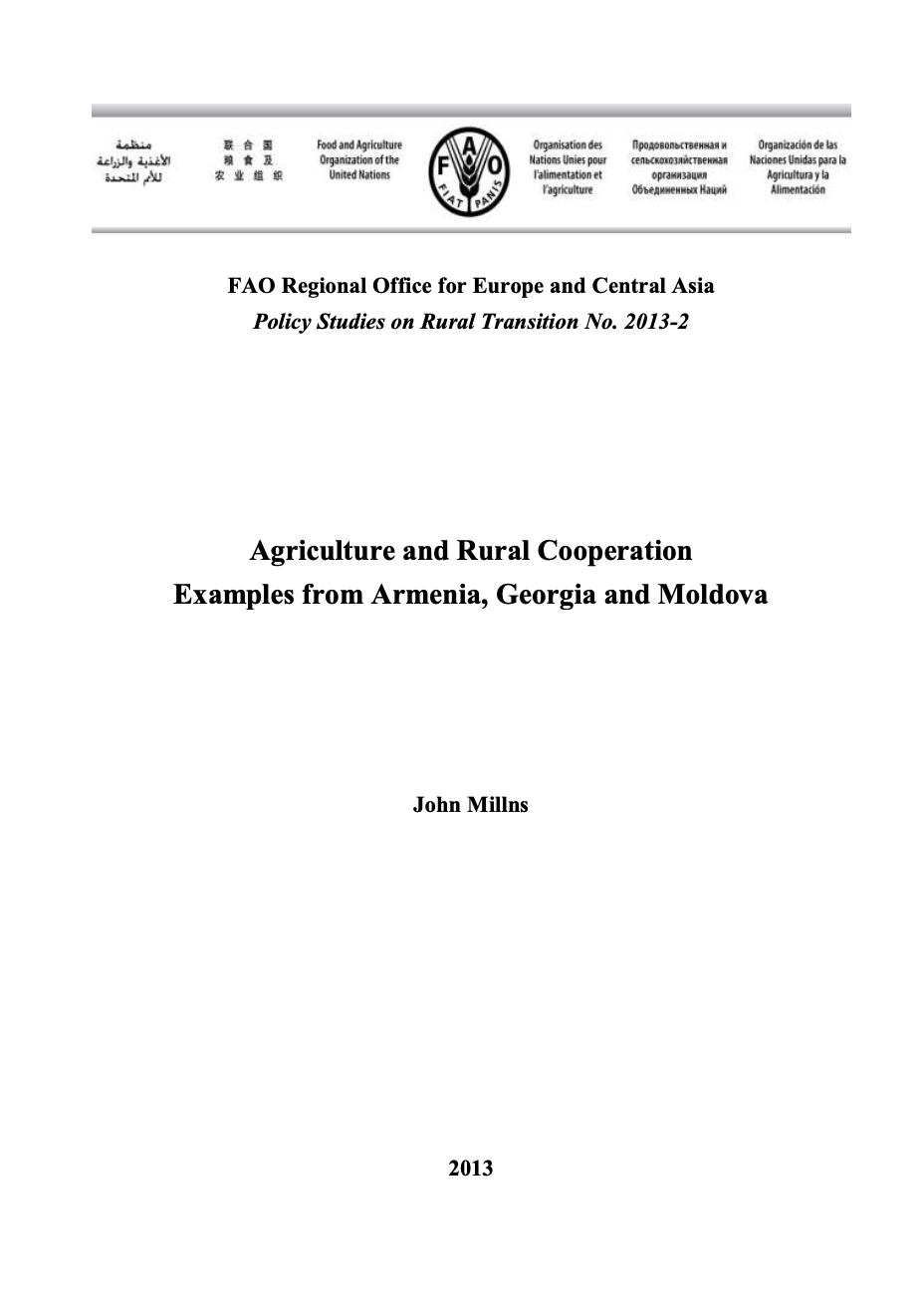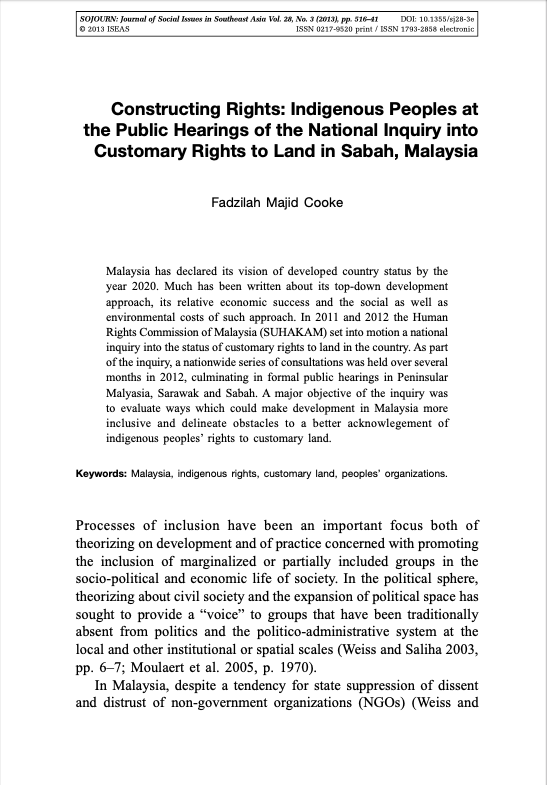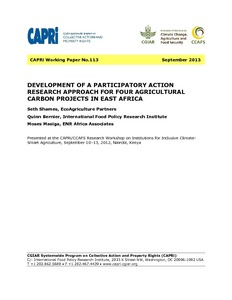Database Management System Construction for the Evaluation Results of Intensive Land Use in the Development Areas of Hunan Province
Using spatial data integration and database technology, analyzing and integrating the assessment results in all the development zones at different time in Hunan Province, the paper is intended to construct the database and managerial system for the assessment results of land use intensity in development zones, thus formulating “one map” of Hunan Development zones and realizing the integrated management and application of the assessment results in all the development zones at any time of Hunan above the provincial level.








